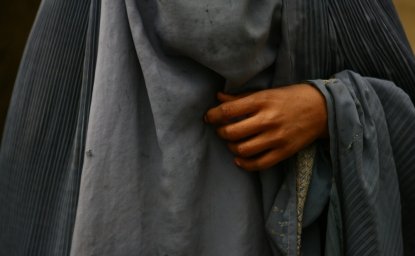
A blog of the Middle East Women's Initiative
In a global world, one cannot ignore the inequality between the genders. It happens even in modern societies including in the Middle East region as well as our country. There are always sectors that embrace this gap between men and women and see it as natural, inevitably caused by physical differences and traditional family roles. We believe that times have changed and everybody should understand the importance of women having a seat at the decision-making table.
Women are not only a tool to bring children and support the household. The role of women in global development and national growth is crucial. Our voices are important and there are more than enough talented and intelligent women, with the potential to be leaders and to be appointed or elected to influential positions. We are almost half of the world's population. Nevertheless, the representation of women in the public sector, the private sector and also in the army and the political arena is not even close to 50%. Moreover, when examining the situation in higher positions, we will find only 18% women on the boards of directors of public companies in Israel, and a disappointing 0% women in executive directors’ positions in those companies. Data shows that the inequality is not only in representation - it also impinges upon other rights. For example, in the public sector in Israel, women earn 35% less than men.
We were wondering - why are we accepting the fact that we are underrepresented in the important and influential junctions that men dominate today? Why do we accept a reality that women who do the same job as men do not get the same salary as them? What can be done to awaken our societies and launch capable women to influential positions?
In the role of chief prosecutor in the Ministry of Labor, social affairs and social services, Gali Levi was involved with the enforcement efforts to ensure equality in the labor market. However, looking at the situation in the labor market, one can realize that even if you have legal rights and equality norms by law that promote gender equality, without complementary steps our reality will not change significantly. A main obstacle is that the fight to change our reality is usually not against people that want to harm women, but rather against stigmas and perceptions of our loved ones and our own friends and peers.
In a criminal trial in the Israeli Labor court against a security company and its managers, the complexity of the problem was obvious. The company and its managers were accused of not accepting a woman to work as a guard in a supermarket. The woman was observant and had the relevant training from the army, but the employer's managers refused to consider her for the job because she was a mother and because she wore a skirt. They admitted they thought about the dangers and implications for her as a mother if she were to be injured on the job. The company was eventually convicted of gender discrimination under the equal opportunity at work legislation, but it demonstrated that discrimination has different grounds and in order to eliminate it we need to understand the motivation behind it. The fight for equality through the Courts is making changes and important, but from our point of view it is not the most important one. The most effective way to make a real change is to be positioned where policies are formed and lead the ship.
The most important arena to work on, in order to effect true change in women equal representation, is the political arena. We need to be equally represented as elected officials in our governments. To promote this goal, we need to help capable women arrive at the decision to present their candidacy and we must give them the tools to succeed. During two decades of work WePower[1], a non-partisan Israeli NGO helping women who consider running for public and political offices, identified four essential tools that women need in order to succeed and achieve high positions: knowledge, support, networking skills and women role models. Accordingly, WePower holds programs that encourage and train women to enter the political arena.
WePower propels social change leading to an equal civic society, and in order to change the low percentage of women in political positions in Israel, it launched a program by the name "Hamsa, Hamsa, Hamsa" (an expression for good luck). The program aims to raise the percentage of women in the Knesset (the Israeli parliament), from around 5% to around 50% in 5 years. We think it is a worthy goal and strive to reach this target.
Other than locate women all over Israel and encourage, motivate and train them to achieve the public and governmental positions they seek and aspire to, WePower also acts to raise public awareness to the importance of narrowing the gender gap; initiates and leads gender-conscious legislation and regulation, and works to secure firm commitments from governmental authorities to women leadership equality.
We are very excited to have been recently given a chance to initiate, together with other motivated colleges, the first draft for a pilot program. Learning from our experience and from a practicum called "From Harvard Square to the Oval Office" at the Harvard Kennedy School, the program we plan embraces the importance of working on crucial skills, mentorship by successful women, a supportive network and focused agenda. The program aims to launch Israeli women to leadership positions based on the realizations above. It is only in its initial steps but the long-term goal is to establish a Women Leadership Institute in the Middle East.
We are determined to promote social change by creating a fertile ground for empowering more women to throw their hat into the political arena in the near future. We can and will be happy to cooperate with women from the Middle East in order to give all of us, as women, the best chance to be heard and to be influential in order to spark this social change.
[1] http://www.ken.org.il/index.php?language=eng
Authors
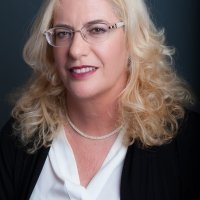
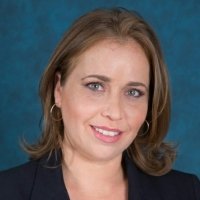

Middle East Program
The Wilson Center’s Middle East Program serves as a crucial resource for the policymaking community and beyond, providing analyses and research that helps inform US foreign policymaking, stimulates public debate, and expands knowledge about issues in the wider Middle East and North Africa (MENA) region. Read more


Middle East Women's Initiative
The Middle East Women's Initiative (MEWI) promotes the empowerment of women in the region through an open and inclusive dialogue with women leaders from the Middle East and continuous research. Read more

Explore More in Enheduanna
Browse Enheduanna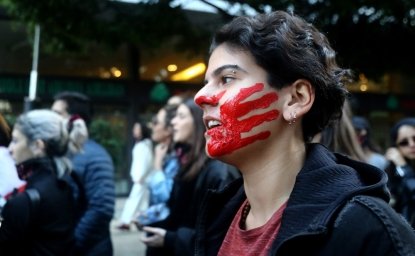
A Cry for Justice: Lebanon's Battle Against Femicide
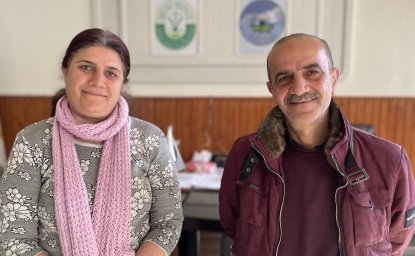
A Model for Gender Equitable Leadership in Northeast Syria
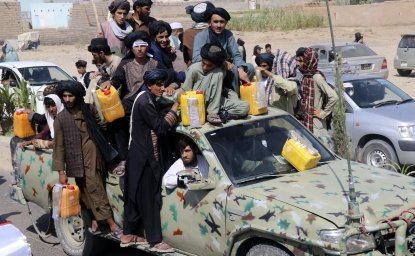
The Absurdity of the Taliban’s New Restrictions on Women
